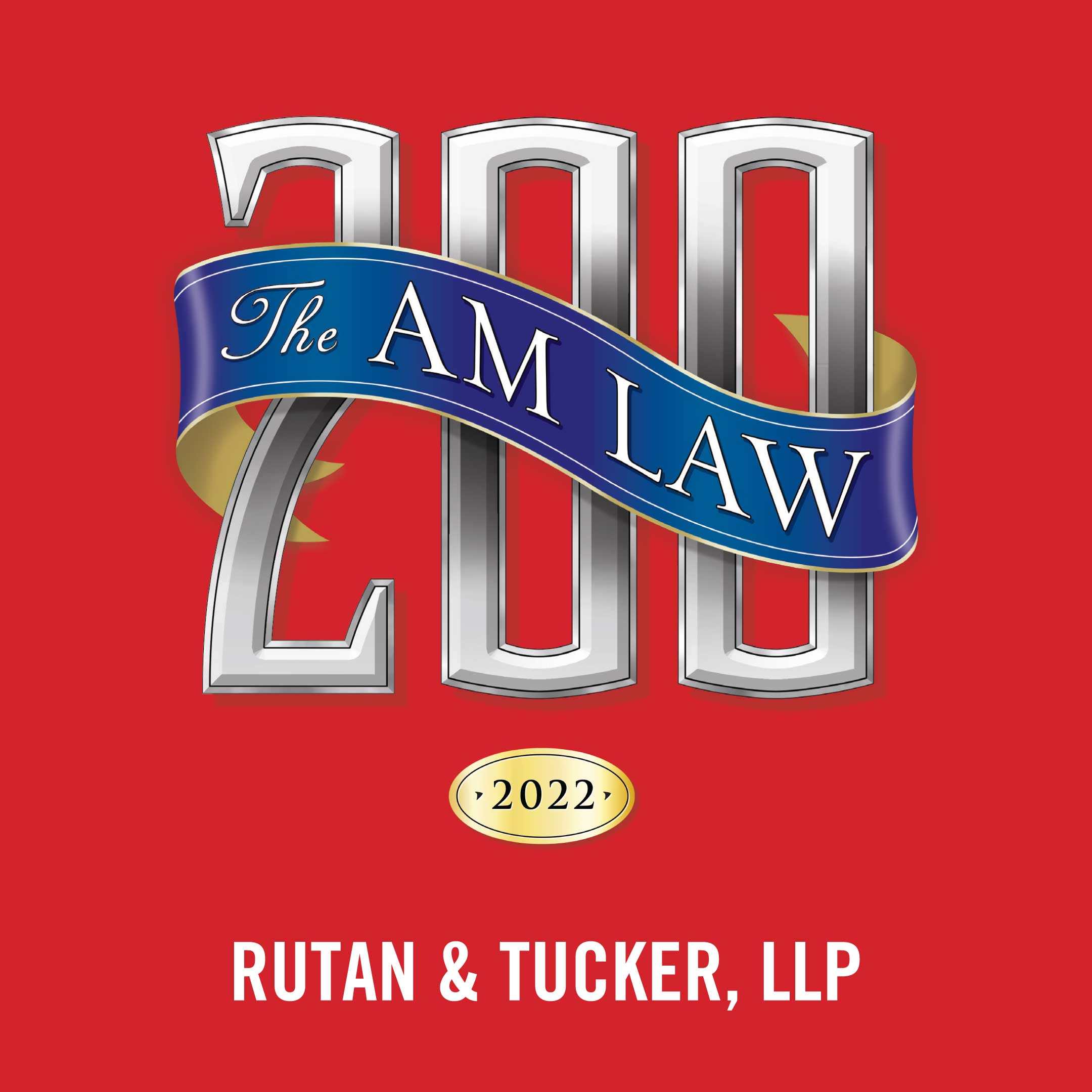Bloomberg Law
Attorneys may face better odds when trying to convince Patent and Trademark Office administrative judges to review patents after a new agency precedent on how the judges must handle evidence.
Patent Trial and Appeal Board panels must weigh all the available evidence when determining whether non-patent literature could be used in a bid to invalidate a patent, the agency’s Precedential Opinion Panel said in Hulu, LLC v. Sound View Innovations, LLC. The board said Hulu “based on a totality of the evidence currently in the record” established a reasonable likelihood that a textbook was publicly available before the patent application was filed.
The Dec. 20 precedential decision involved Hulu’s request for rehearing on a PTAB decision not to hold a validity trial on claims in a data patent. The precedent-setting panel, known as POP, said a copyright date, ISBN, a printing date, and the prominence of a surrounding book series and publisher together were sufficient evidence to prove that a textbook was publicly available before Sound View Innovations filed for the patent.
The panel, composed of patent office director Andrei Iancu and other agency leaders, found that “based on the totality of the evidence currently in the record” the textbook put forth by Hulu could hold up as prior art in a trial. POP sent the dispute back to the PTAB panel to reconsider.
The POP didn’t “hold that any particular indicia per se is sufficient at the institution stage. Rather, the indicia on the face of a reference, such as printed dates and stamps, are considered as part of the totality of the evidence,” they wrote in the decision.
“The takeaway is get your ducks in a row early,” Ravi Mohan, a Rutan & Tucker LLP intellectual property group partner, said.
New Evidence Precedent Gives Lawyers a Patent Board Road Map



